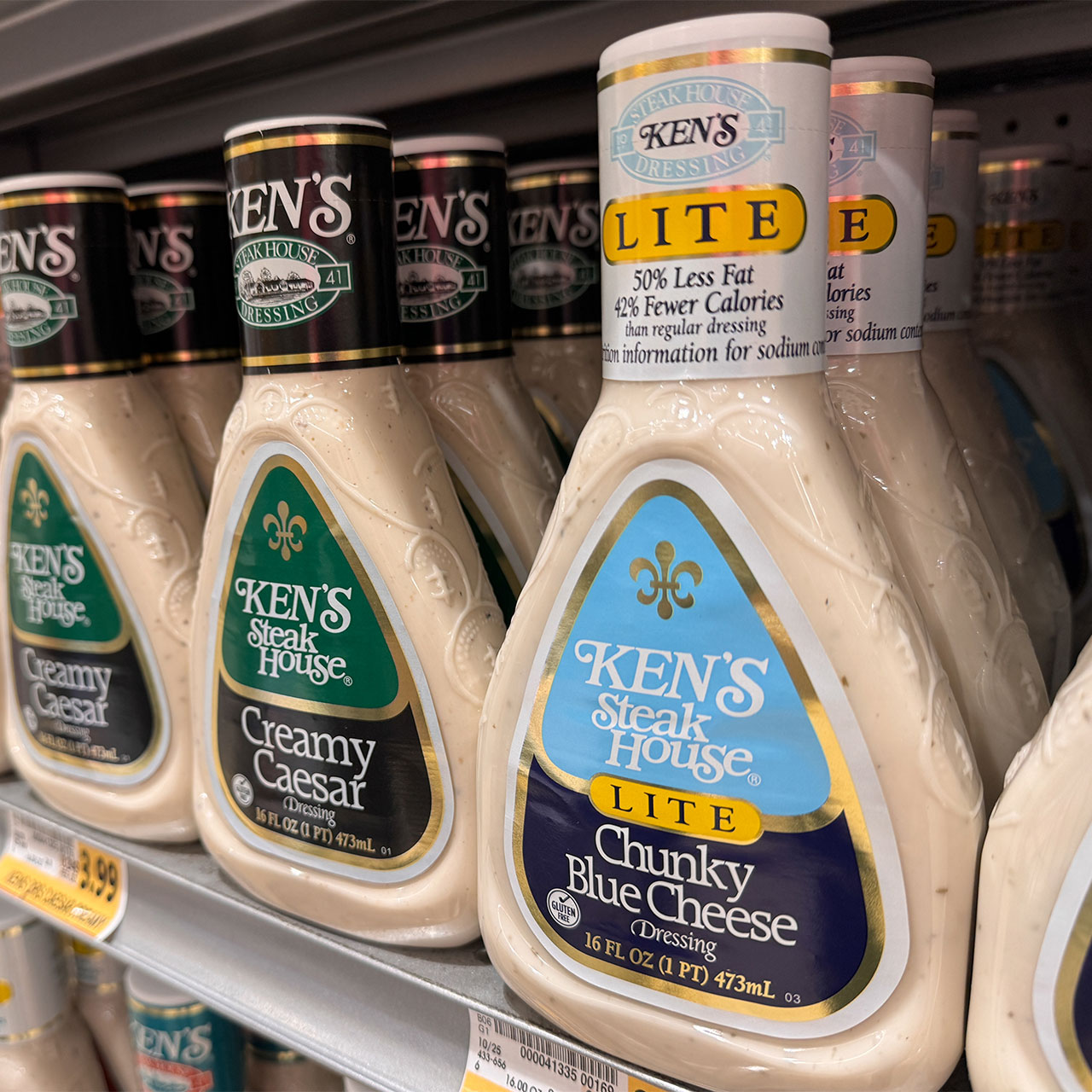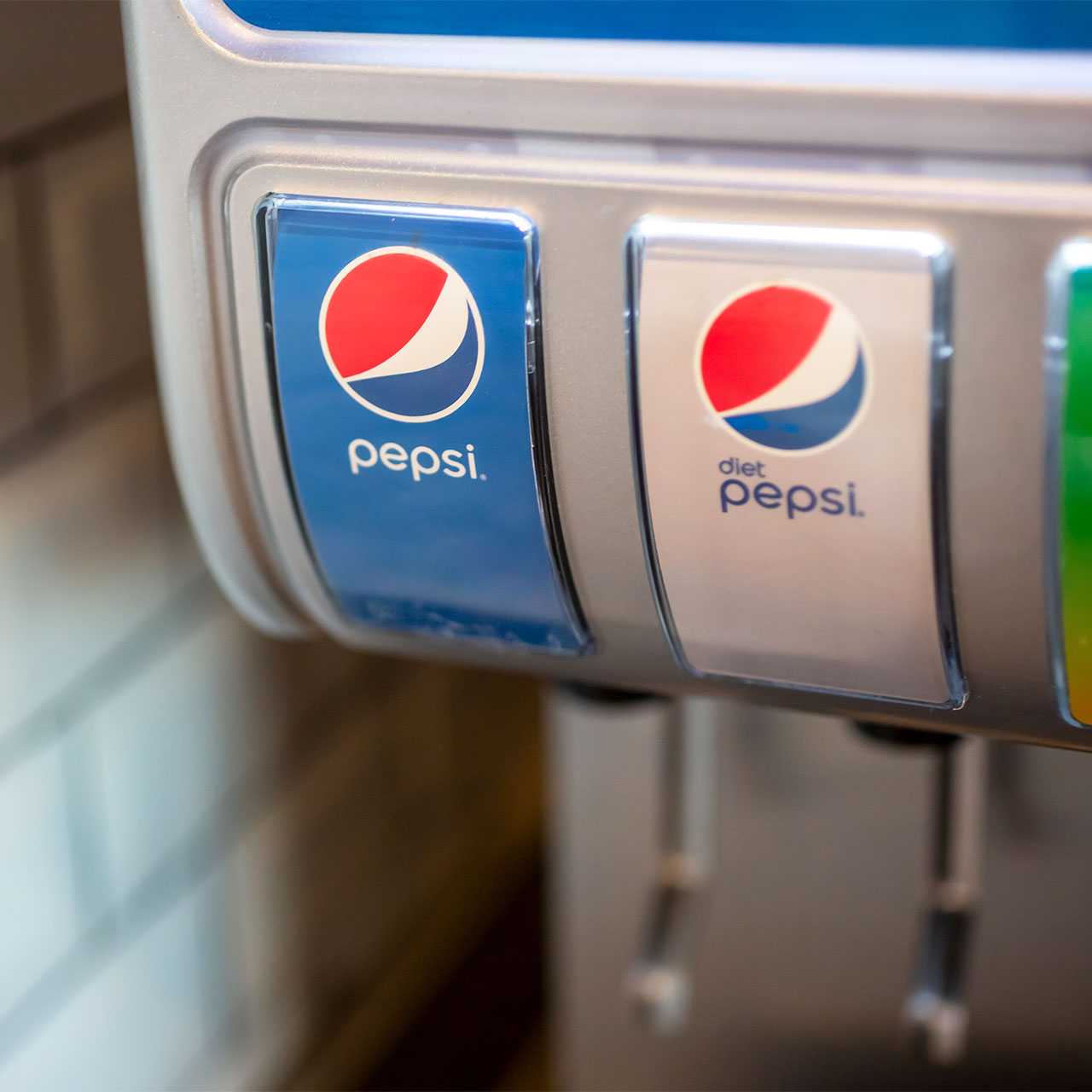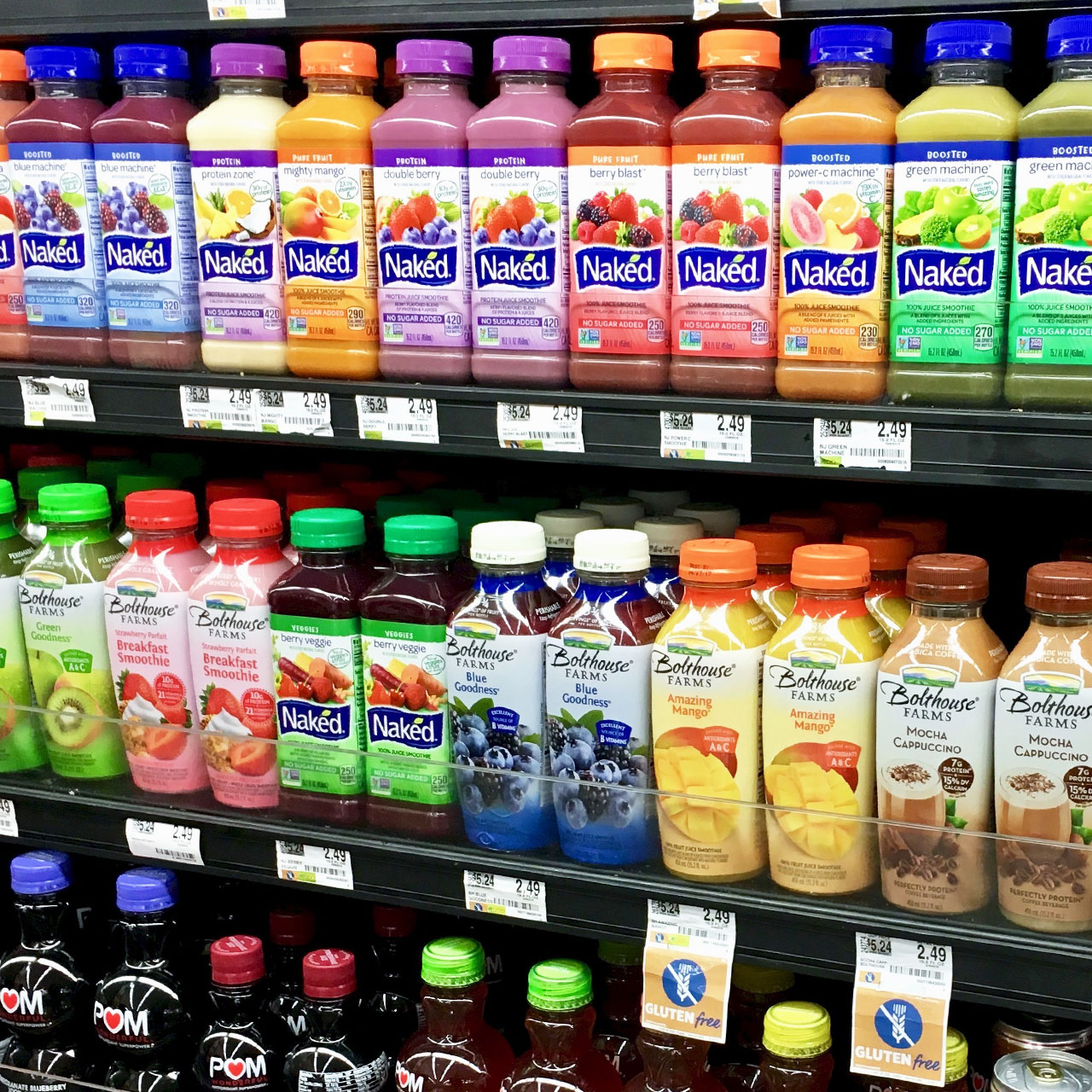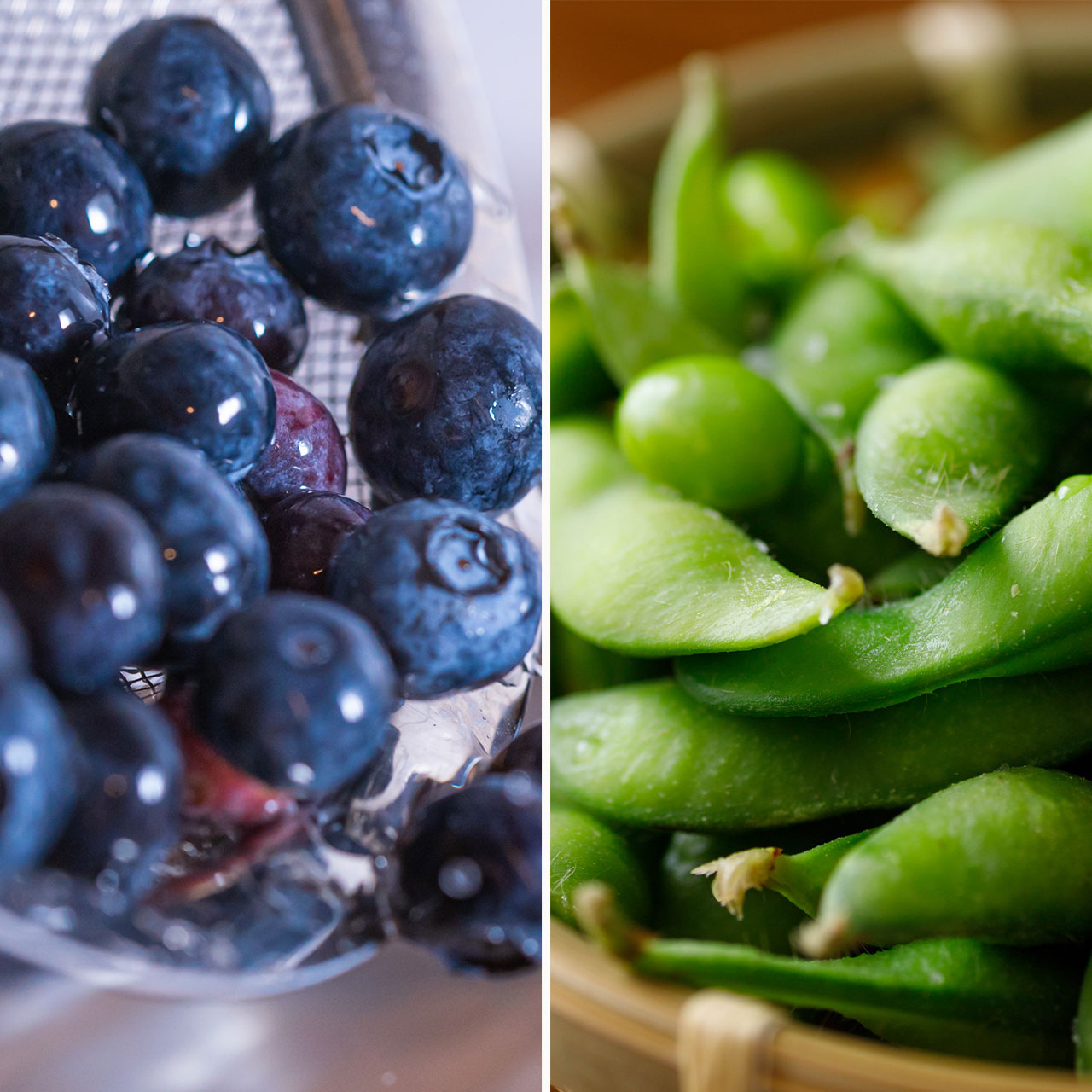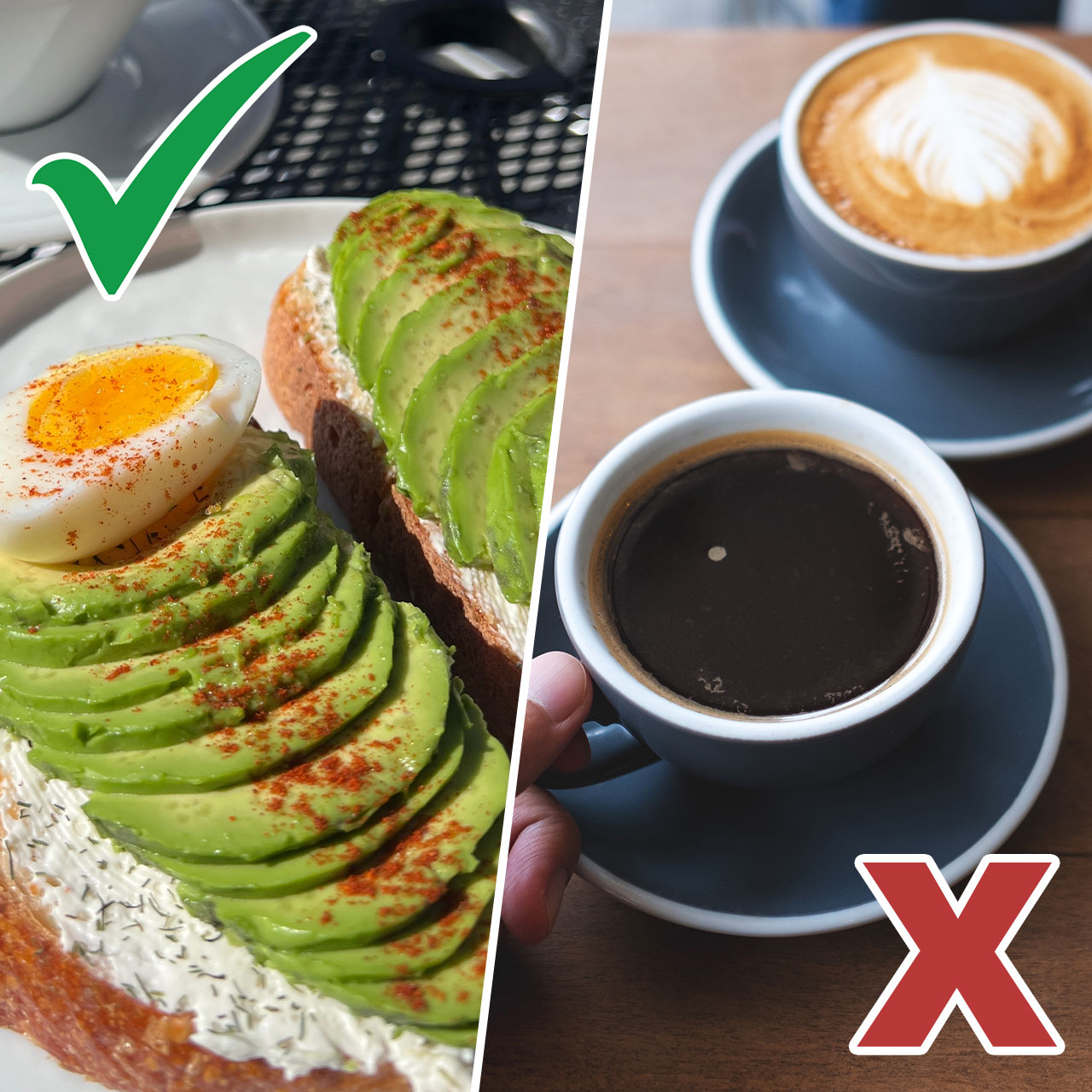This is an archived article and the information in the story may be outdated. Please check the time stamp on the story to see when it was updated last.
We already know it’s the most important meal of the day, and many of us are on board with eating a healthy breakfast that provides enough energy to get us moving and keep us satisfied until our mid-day snack or lunchtime. What you eat in the morning affects every decision you make throughout the day — so your breakfast choices shouldn’t be taken lightly.
Unfortunately, there’s one breakfast food that causes confusion — one that you might believe it a lot healthier for you then is actually the case.

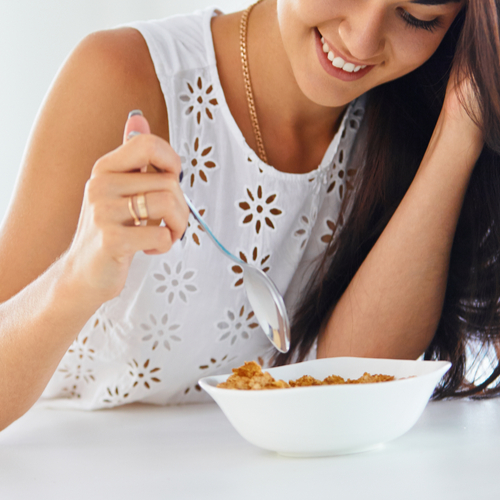
If you ask the average person which breakfast foods are not great — which can cause weight gain and not add a whole lot of value to your diet — you’ll likely get the same responses. Most people know to stay away from muffins, doughnuts, and even bagels, all of which contain refined carbs and sugar, with few grams of protein and vitamins and minerals to make up for it.
But there’s a common breakfast food you may not realize is equally as bad for you.
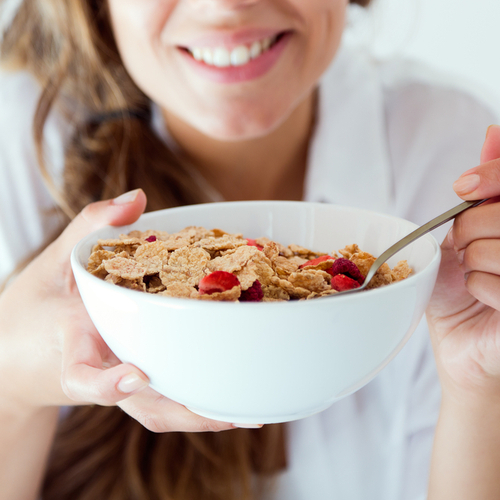
Breakfast Cereals
Despite what many brands might have you believe, breakfast cereals are not the equivalent of steel-cut oatmeal or other whole grain breakfasts. In fact, some contain ridiculous amounts of sugar — you might as well indulge in that muffin because the nutritional benefits aren’t very different.
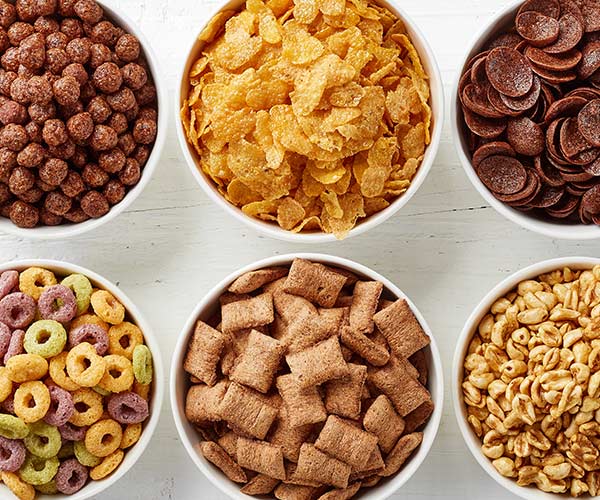
Most cereals are completely processed. As processed foods, they have been stripped of fiber and other nutrients, and are later fortified with vitamins and minerals to make up the difference. The problem is: your body doesn’t absorb those nutrients the way it would if you were eating whole foods like eggs, avocado, and plain oats.
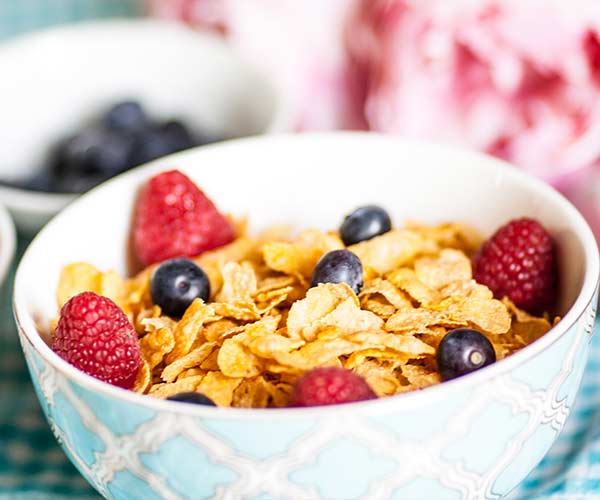
According to Savory Lotus, where food expert Katya describes how she uses natural, whole foods to deal with her chronic illness:
“There is no substitute for nature. Many cold breakfast cereals are fortified with vitamins and minerals to give you a good start to your morning. Sounds good, doesn’t it? Not really. Synthetic (man-made) vitamins and minerals are not readily absorbed by the body. Your body simply is not designed to utilize them. Many synthetic vitamins are actually treated as toxins and are eliminated by your body as quickly as possible.”
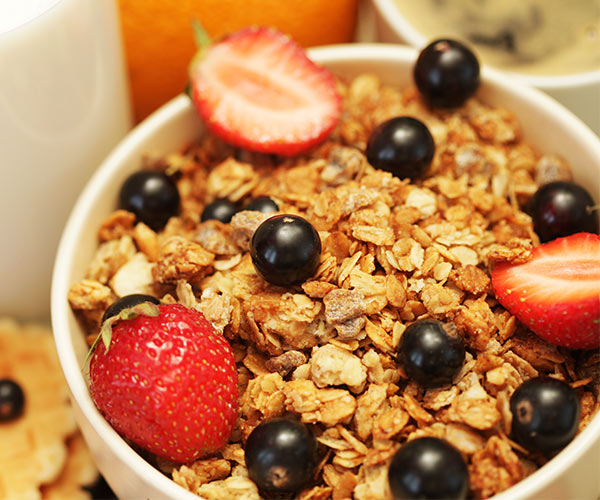
All too many cereals throw in one good ingredient — like oats or bran — and then add a ton of sugar or sugary components on top. Raisin Bran is the classic example: you may think you’re eating a healthier cereal because it contains fiber, but you could also be eating as much as 18 grams of sugar in one small serving. That’s more sugar than you’ll find in some brands of ice cream.
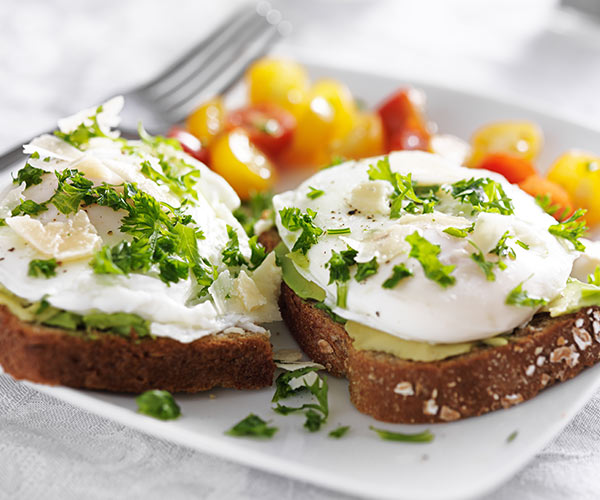
The best breakfast foods that will keep you healthy and won’t contribute to stomach fat are those that are completely natural — think eggs, whole grain toast with avocado, or oatmeal mixed with fruits and nuts.
But if you are devoted to your bowl of cereal, the type of cereal you choose makes all the difference. Opt for choices like porridge, plain muesli that doesn’t have added sugar, or shredded whole wheat cereal (just be careful not to go for sweetly tempting varieties that contain sugary fruit fillings).



